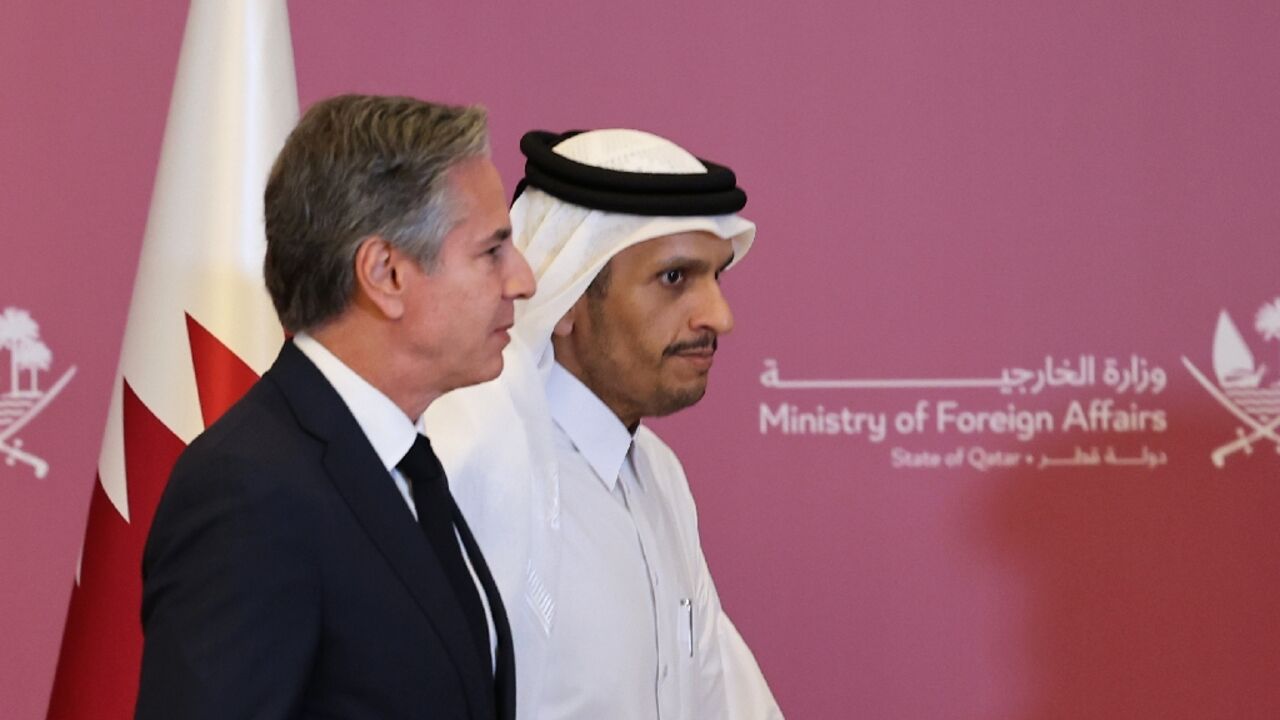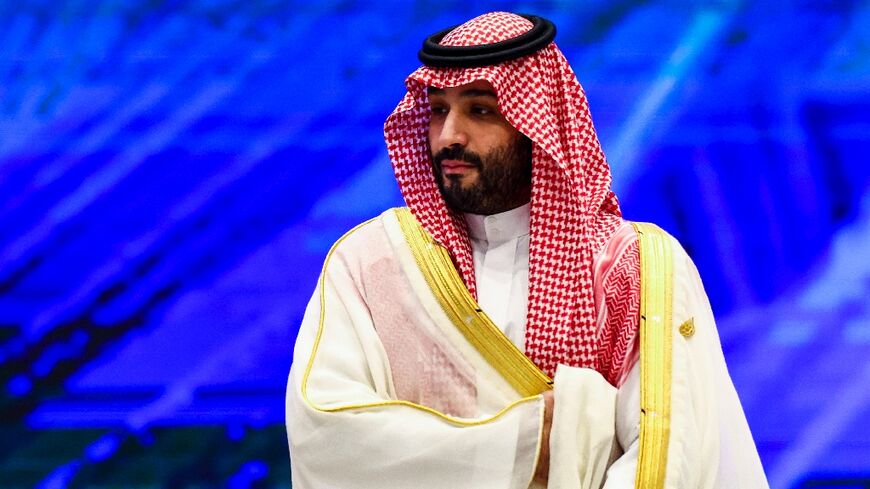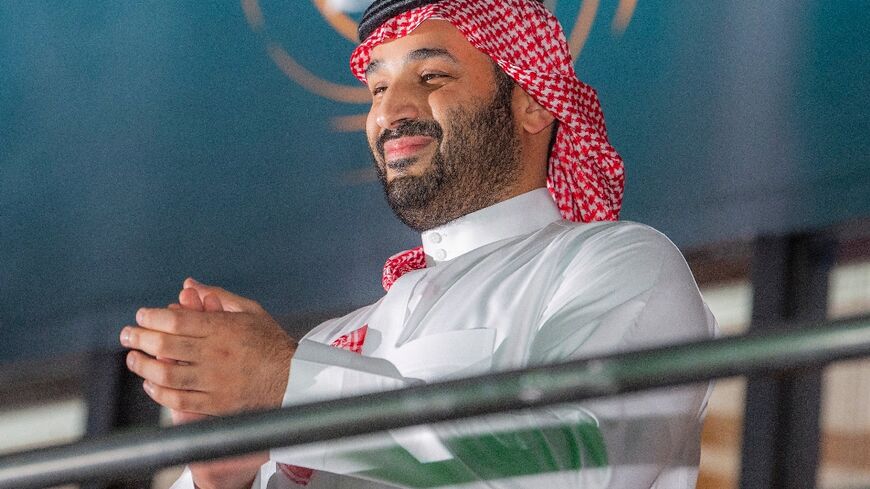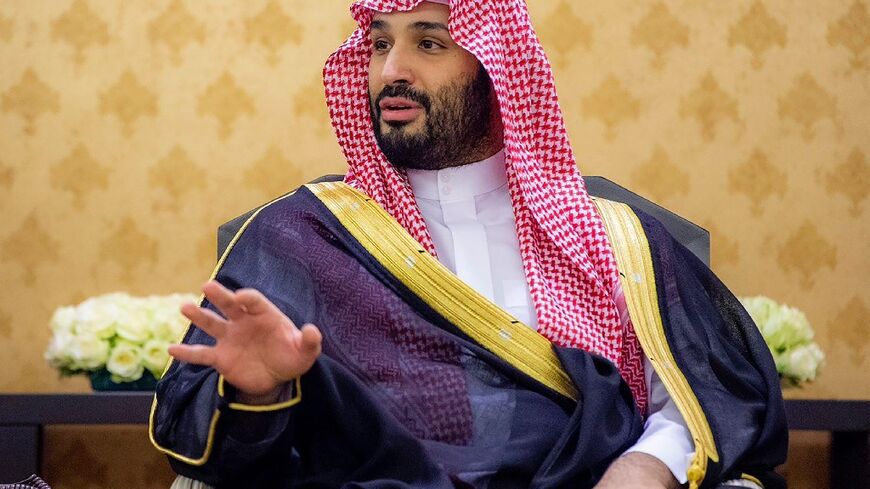Blinken says no plans for Saudi crown prince to visit Washington

US Secretary of State Antony Blinken said Tuesday there were "no plans" for Saudi Arabia's Crown Prince Mohammed bin Salman to visit Washington while it reviews relations with the Gulf state.
The 37-year-old prince -- widely known as MBS -- has been at the centre of diplomatic turmoil with the United States and other powers since the grisly 2018 killing of journalist Jamal Khashoggi by Saudi agents.
President Joe Biden visited Saudi Arabia in July, and his administration has faced new criticism since it was revealed this month that the United States granted the prince immunity from prosecution as the head of the Saudi government.
Speaking after talks with Qatar's Foreign Minister Sheikh Mohammed bin Abdulrahman Al-Thani, Blinken said: "With regard to MBS, there are no plans for him to travel to Washington."
Blinken also reaffirmed the administration's case for granting immunity.
A federal court sought the government's opinion after Khashoggi's fiancee Hatice Cengiz started legal proceedings.
Blinken told a press conference the US administration had followed "longstanding legal practice" that a head of state or government, or foreign minister, was "entitled to immunity".
"This is a determination that we've made in dozens, hundreds of cases over the years. And in every case, we simply follow the law," he said.
"The opinion that we provided does not speak in any way to the merits of the case nor the current status of the bilateral relationship.
"Our review of that relationship is ongoing," insisted Blinken, who arrived in Doha on Monday, a day after the prince was at the football World Cup opening ceremony.
The killing of Khashoggi, a Saudi insider-turned-critic, in the kingdom's Istanbul consulate temporarily turned Prince Mohammed into a pariah in the West.
His lawyers had argued he qualifies for the kind of immunity US courts afford foreign heads of state and other high-ranking officials.
The Amnesty International rights group has called the US immunity decision "a deep betrayal."
Riyadh's move to name Prince Mohammed prime minister in a royal decree led to suggestions that he was looking to skirt exposure in cases filed in foreign courts.
Blinken said he also discussed Iran's nuclear programme with the Qatari minister. But he said he had no information on reports the Islamic republic had increased uranium enrichment at its Fordo processing plant.
"We continue to exert pressure on Iran for steps that it's taking to strengthen its nuclear programme in contravention of the JCPOA itself, as well as the steps that it's taking in other areas that pose significant challenges, concerns to the people around the world," Blinken said.
Under the 2015 Joint Comprehensive Plan of Action with western powers, Iran agreed to limit its nuclear programme. The deal began unravelling after then-president Donald Trump withdrew the United States from the accord in 2018.





